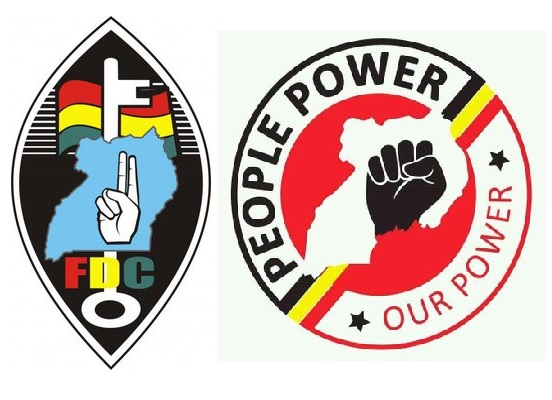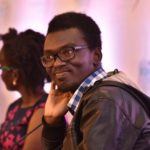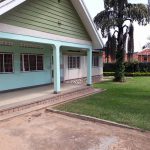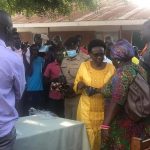In the social media exchanges between FDC diehards and People Power adherents, I keep seeing one side insisting that it is a political party that has a constitution and structures to follow, and another insisting that it is an all-embracing movement and NOT a political party.
There was a time in Uganda when political parties were banned, do you remember that time? Between 1986 and 2005, legally, political parties were banned. The country’s politics were organized under what was called the Movement Political System. Constitutional and Political studies scholars even called this Movement system a “no-party” system.
Then: activists including Dr James Rwanyarare, Haji Badru Wegulo, Hon. Yusufu Nsubuga Nsambu, Hon. Ken Lukyamuzi, James Garuga Musinguzi, Major. Rubaramira Ruranga, Chaapa Karuhanga, Hon. Hussein Kyanjo, Prof. John Jean Barya and others went to court to challenge this Movement system. They argued that claims that it was a no-party system were camouflage for a one-party system.
The Constitutional court agreed with them. It held that:
A “political party” means a political organisation the objects of which include the sponsoring of, or offering a platform to, candidates for election to a political office and participation in the governance of Uganda at any level.
A “political organisation” means any free association or organisation of persons the objects of which include the influencing of the political process or sponsoring a political agenda whether or not it also seeks to sponsor or offer a platform to a candidate for election to a political office or to participate in governance of Uganda at any level.
The Movement set up by the Movement Act was a political organisation because:
(a) It had a political agenda to obtain and retain political power.(b) It was a statutory body corporate.(c) It sponsored candidates for political offices.(d) It participated in the governance of Uganda at all levels.(e) It was no longer inclusive or non-partisan.(f) It had abandoned the principle of individual merit as a basis for election(g) It has a caucus in Parliament.
So, between FDC and People Power, what makes one a political party, and another a movement than a political party? Both have a political agenda to obtain and retain political power, don’t they? Clearly, going by their announcements of electoral processes for selecting flag bearers for the forthcoming elections, they both sponsor and offer a platform for candidates for election to political offices, don’t they?
So, why does People Power fear being labelled a political party? It surely behaves like a political party. What is the big fear of the label, political party?
Five years ago, this very question arose regarding the legal and political identity of Go Forward, the presidential campaign platform that championed Hon. John Patrick Amama Mbabazi. Go Forward did not call itself a movement, though. Did it? But they were not a political party, for sure.
Somebody in the know explain to me, why identifying as a political party is not an attractive thing for “newer” challengers of Yoweri Museveni? Is it the old no-party democracy bug from the pre-2005 days? Why would a political “grouping” which behaves for all intents and purposes as a political party refuse to identify as such? What is the secret?
This post was created with our nice and easy submission form. Create your post!





